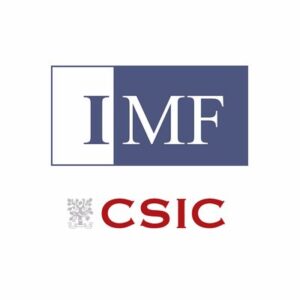Conference 2025
Syria, Lebanon, Palestine, Yemen, Sudan, Iraq, and Libya
This conference will present the Arab Network of Civil Society Organizations to Safeguard Cultural Heritage (ANSCH) projects concerning safeguarding cultural heritage resources in the Arab region, as well as negotiating challenges and opportunities facing emerging civil society
organizations (CSOs) in wartime.
Representatives from civil society organizations in Syria, Palestine, and Lebanon will participate on the first day of the conference, where they will present their experiences in protecting cultural heritage in conflict areas. On the second day, representatives from organizations in Libya, Iraq, Yemen, and Sudan will share insights into the challenges and opportunities they face in heritage protection efforts, presenting real-life examples and scenarios from their field experience.
Furthermore, Heritage for Peace Organization, represented, will discuss ANSCH’s completed projects, future plans, and ways to support participants. ANSCH also conducted a survey among civil society organizations protecting cultural heritage in conflict-affected Arab countries. The survey assessed their needs, challenges, resources, crisis response capacity, and highlighted their role in heritage protection and community engagement. Key topics included organizational needs, human resources, ongoing projects, cooperation with authorities, and support requirements.
Funding agencies and international heritage organisations in the field of heritage preservation will contribute to the conference by giving support and further recommendation.
From 13:00 to 19:00 CET
Zoom Platform
Members of Heritage for peace.
The survey questionnaire aims to assess the needs of civil society organizations working in the field of cultural heritage protection in Arab countries affected by conflicts (Iraq, Libya, Palestain, Lebanon, Sudan, Yemen, Syria). The questionnaire focuses on understanding the challenges faced by these organizations, identifying their priorities and resources, and exploring their level of preparedness and capacity to respond to crises, while highlighting their role in safeguarding heritage and promoting community participation under complex and changing circumstances.
The questionnaire is distributed across themes that include general questions about the organizations, and others specialized in institutional and professional needs during crises, in addition to reviewing the status of human resources, implemented programs and projects, the level of cooperation with local and international authorities, and the type of support the organizations receive or request.
